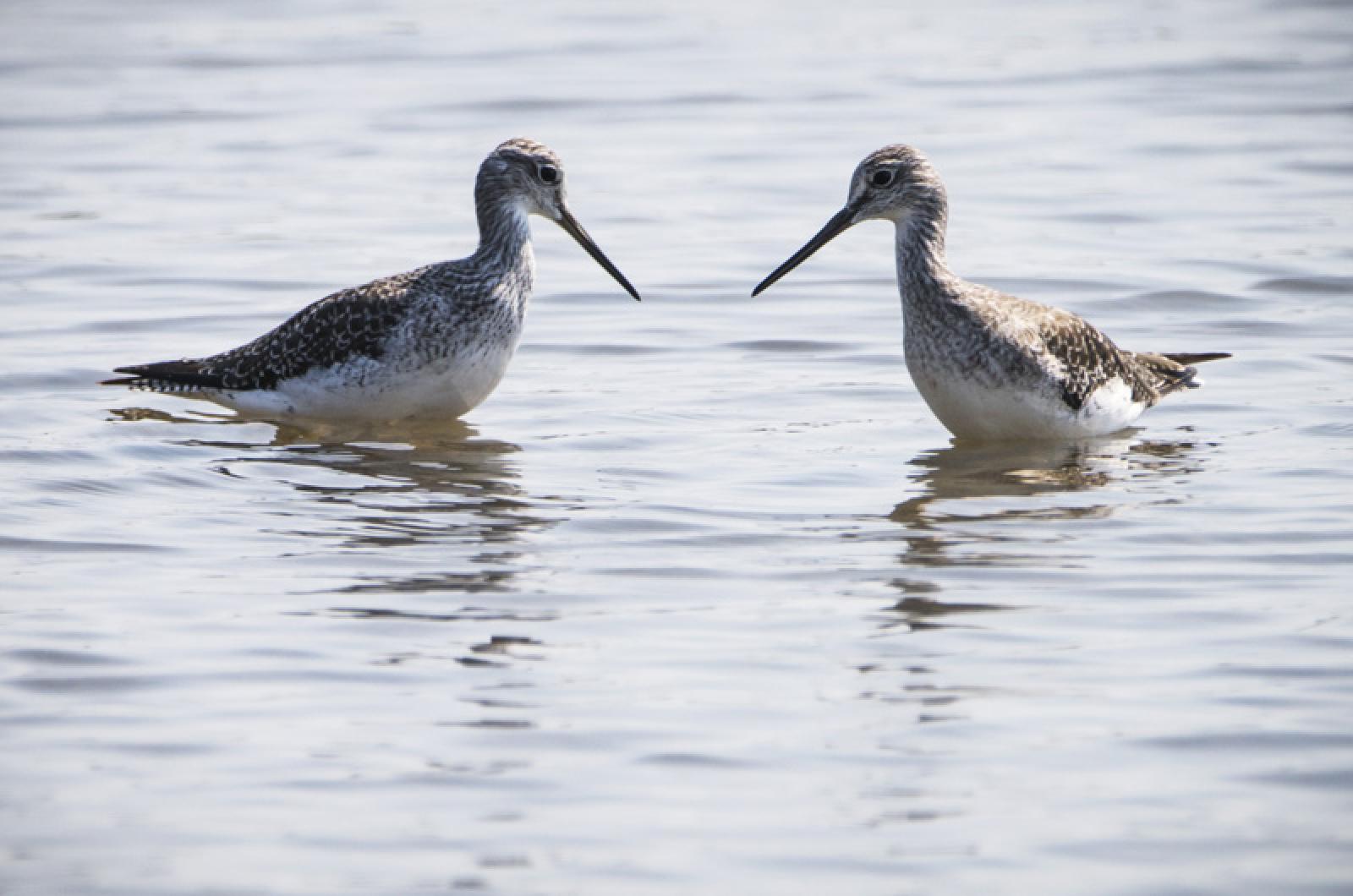When circumstances seem at sixes and sevens, one can sink one’s hands in a dog’s coat of fur or a cat’s muscularity and feel grounded. And we’ll use our green thumbs to garden.
Gazing at the menagerie of clouds in the sky also helps, or going to the beach, planting an elbow in the sand and watching the spindrift roll in like a thin strip of milk on the lip of each wave. Blue or green, the sky and the leaves do solace us. And running water, as we watch it stream by, may rinse the bile out of us, like dipping a toe in the wide sea of nature.
We listen to the birds’ and amphibians’ spring chorus. A coyote’s caterwaul, a fox’s squall, cresting the peepers’ sleighbell song. In the forest, a turkey cackles. Crows rattle after a windfall’s crack, or mob an owl. Seagulls bank and creak over a shore where the surf thumps reassuringly.
Leaves seethe in the crown of each shade tree. As on a moving platform at the airport, a woods path also does a job for us while we stride along; it placates our anxieties. Irksome situations subside into perspective as if we’ve remained primitive figures walking upon our hind legs only recently.
Nature, from the freeloading germs in our gut to our sexual impulses, undergirds and envelops us. It’s chary, unwieldy, brimming over, then blanketing or subverting. Sex is nature indoors, dancing within us irregularly.
We love to have at least a facet of the wilds at the edge of our shrubbery; keeping pets is another facsimile. But it does creep into our manicured landscapes, blossoming rebelliously. Our lungs as bellows tire, and our toes of their position farthest from the heart. Our pulse marches irretrievably toward tomorrow, dragging us on, though we feel still wet behind the ears. There are so many second childhoods. And as with a pet parrot, we want the raucous personality of nature somewhere in our lives but with its wings clipped.
Human nature is a curlicue, repetitive, stippling our moods. With pricked ears and patient nose, dogs puzzle out the quotidian world. They live in the present, curated by memories more than calculation. In petting them, we touch base for a moment with nature; then continue the run.
Dogged loyalty we value yet discount as dumb love. Friendships may seem incomplete, so we come home to our dogs and our cats. Having been such a battering ram on this planet, we grope for a lost rapport, if only as a peace offering. We grow fonder and fonder of them when our longings for nature are still unmet.
Edward Hoagland is the author of over 20 books and hundreds of essays. He lives in Edgartown.




Comments
Comment policy »